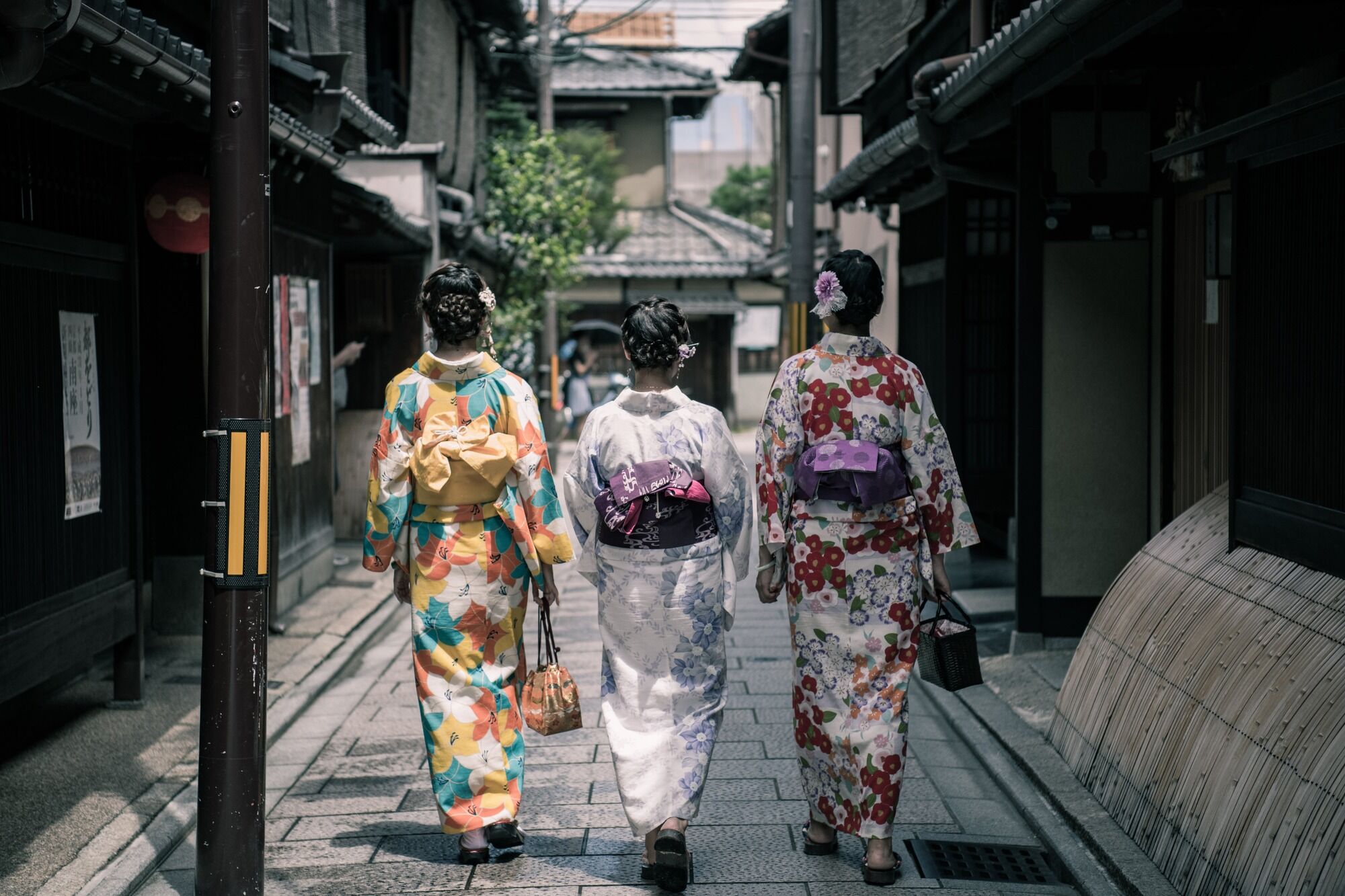More than 80% of Japanese people outside major cities ignore foreigners: why this is bad for the country

A recent study conducted by a research institute at Taisho University found that residents of rural areas in Japan have limited interactions with foreigners living in their communities. This highlights the need for more active integration of expatriates into Japanese society.
An online survey conducted among 1,194 respondents from 59 cities and villages where foreigners make up 5% or more of the population showed that 83.8% do not regularly interact with neighbors from other countries. This was reported by Japan Today.
Of the remaining 16.2% who do communicate with foreigners, 39.7% referred to non-Japanese individuals as "colleagues" and 32.5% as "neighbors." Only 21.6% reported having friendly relations with representatives of other nations.

When asked about their desire to see more foreigners in their community, 54.5% responded negatively, expressing concerns about potential conflicts and disruptions to social order.
Despite this, Japan is actively seeking to attract more foreign workers to address the demographic crisis. According to the Ministry of Labor, by the end of October 2023, the number of foreign workers in the country had reached a record high of 2.04 million.
Professor Yuko Tsukasaki, the lead researcher of the study, emphasized that given the increasing need for foreign labor, the Japanese should become more welcoming to those from abroad.
"We must listen attentively to foreign residents and make ongoing efforts to create a harmonious society," she commented.



















